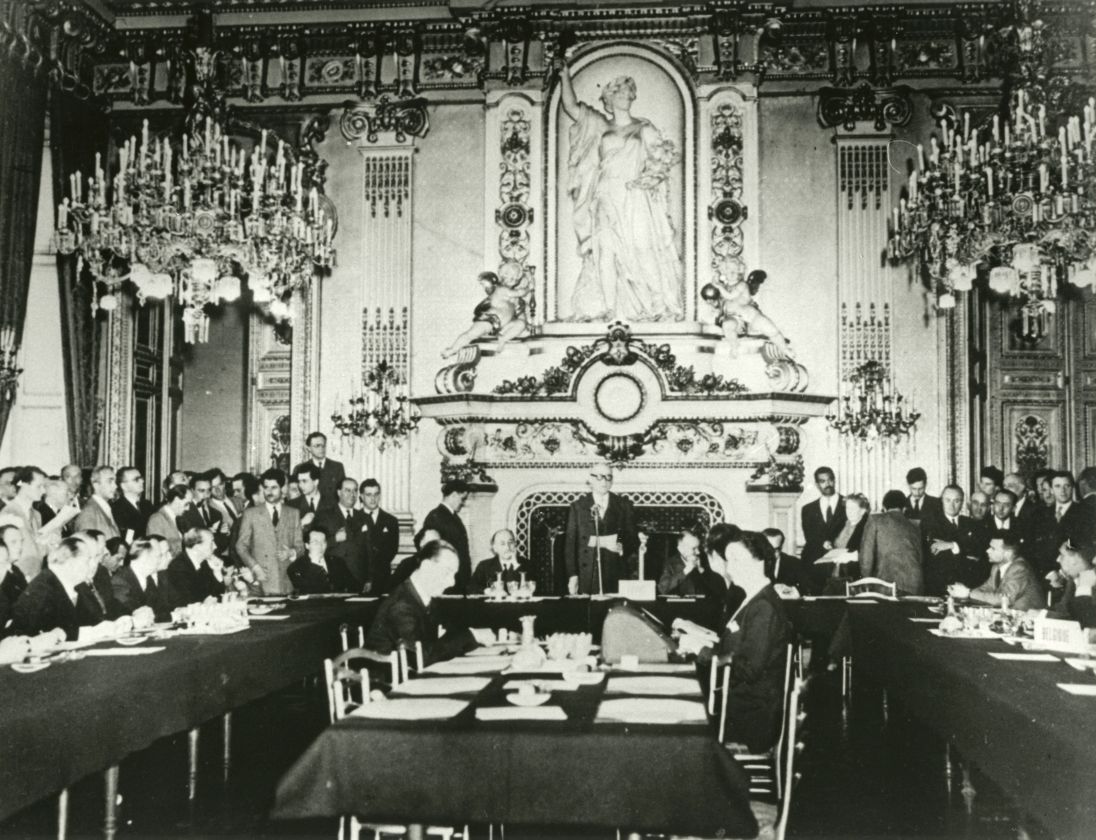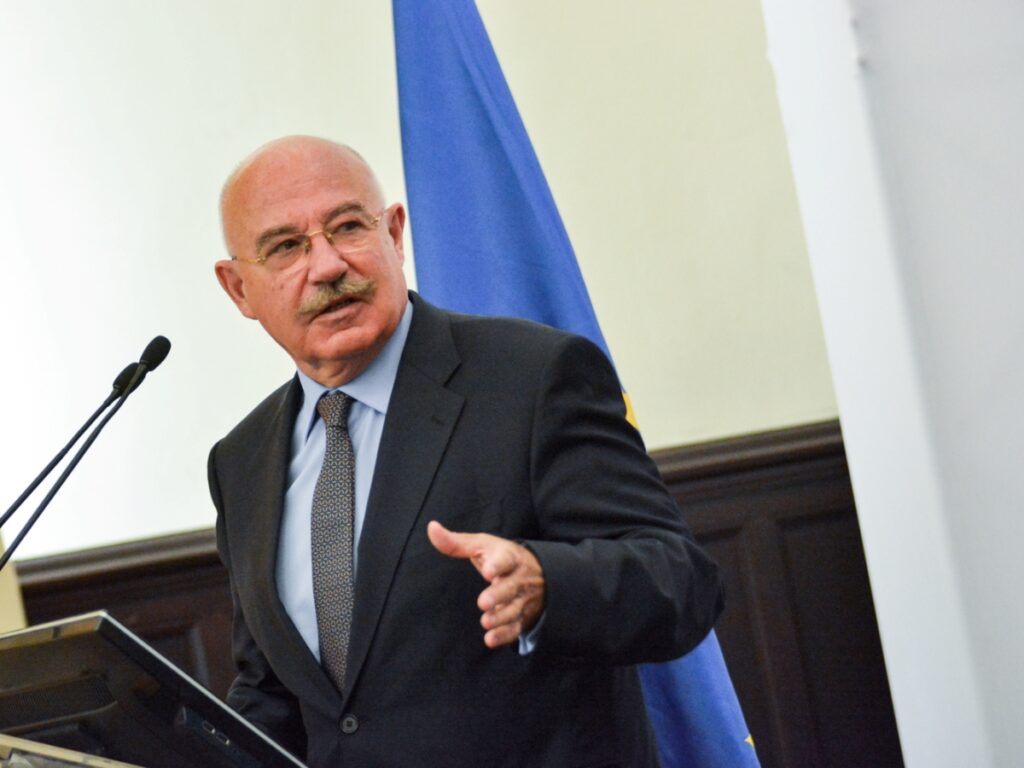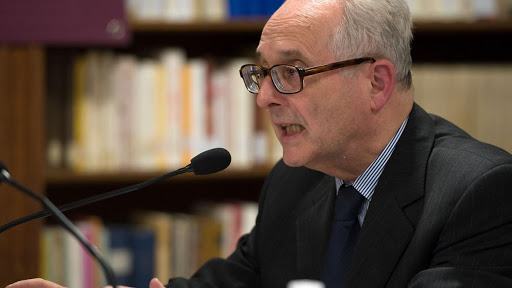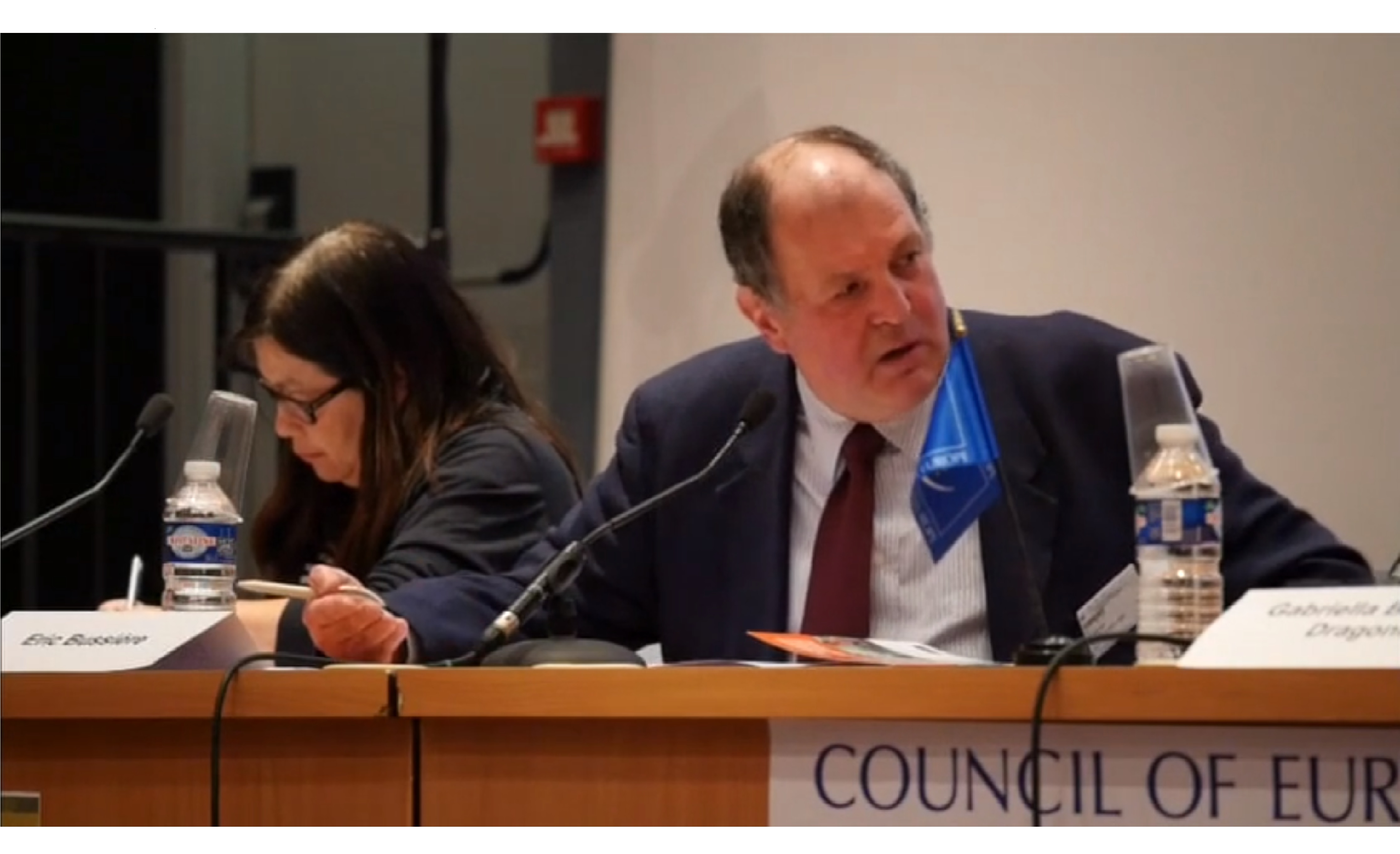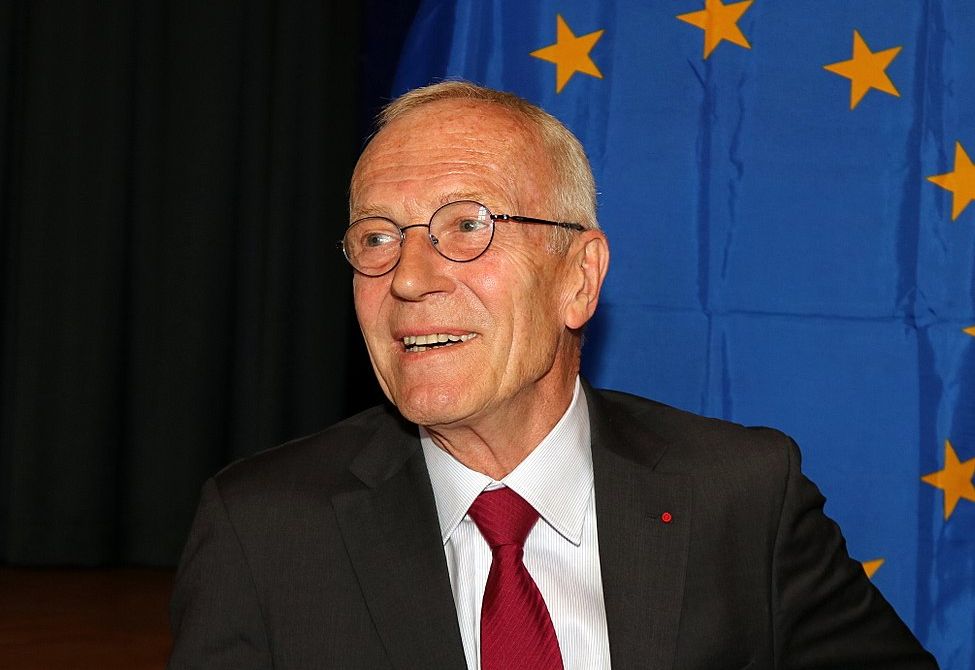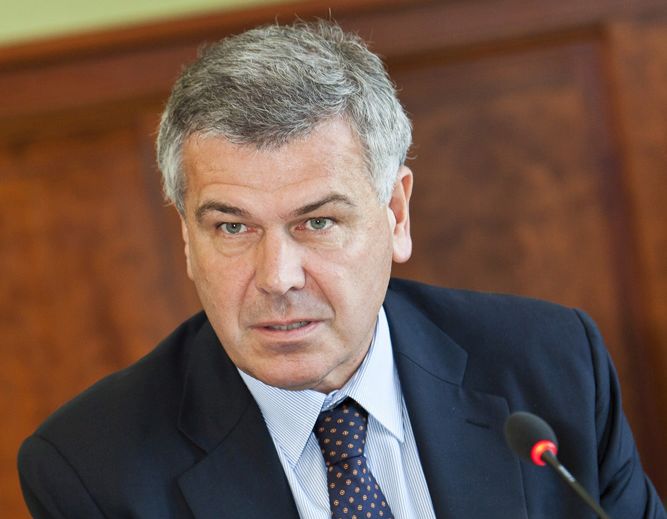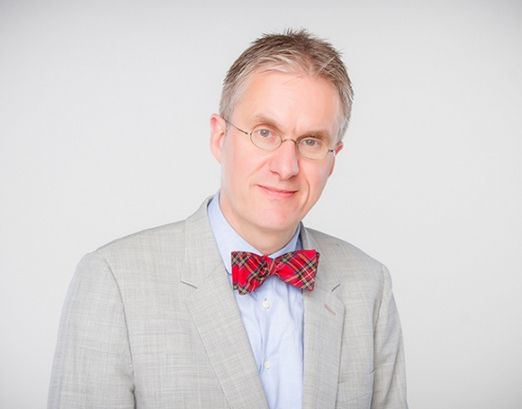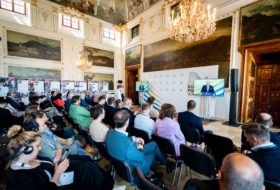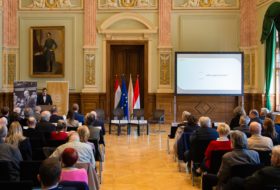On the occasion of this round anniversary, the Otto von Habsburg Foundation and the Institute of Strategic Studies of the National University of Public Service had intended to examine, in the framework of an international conference due to begin on May 11, whether the Plan formulated at the beginning of the European integration process and the heritage of the mainly Christian Democrat politicians supporting the Plan, still bear a message relevant to this day. Although the event had to be cancelled due to the pandemic, most of the invited speakers undertook to briefly summarize their thoughts on the subject in writing—thus paying tribute to Robert Schuman’s initiative. To read the studies, please click on the speakers’ names.
Judit Varga, Minister of Justice
It is an honour for us that Minister of Justice Judit Varga sent us her introductory comments in place of her live opening speech, and we would also like to thank Professor János Martonyi, former foreign minister, for summarizing the integration experiences of the last 70 years in his study which makes reference to his earlier papers as well. In his study he states that, although in an always different context, the dilemmas do not essentially change as integration advances. And while he warns against simplifying the conflicts between “sovereignists” and “federalists”, he provides an extensive overview of the current situation of the European Union.
Professor János Martonyi, former foreign minister
On the 9 May anniversary, the study of Gergely Fejérdy, Scientific Deputy Director of the Otto von Habsburg Foundation, on the relationship of Schuman and Otto von Habsburg was published on our website. Although Otto did not play an active part in launching the integration process, he had good relations with the French politician acknowledged as the “Father of Europe”. At the same time, he strove to preserve and pass on the spiritual and political heritage of the Declaration of 9 May in a dignified manner. It is symbolic that later on Otto won two awards named after Robert Schuman, which underlines the fact that—although he did not belong to the generation of the “Fathers of Europe”—his place is among the founders of a united Europe.
According to our original plans we would have invited speakers from the Founding Fathers’— Schuman’s, Adenauer’s, and De Gasperi’s—countries: France, Germany and Italy. In the current situation we are very pleased that two eminent experts of French history and politics, Georges-Henri Soutou and Eric Bussière, former Security Policy Advisor to Federal Chancellor Helmut Kohl Joachim Bitterlich, Ludger Kühnhardt, leader of one of the most significant German think tanks, and Ulrich Schlie, Professor of History, former Head of Policy Planning Staff at the German Federal Ministry of Defence honoured us with their writings.
Georges-Henri Soutou, Professor Emeritus at Paris-Sorbonne University and SciencesPo
The context of the event that took place seven decades ago and the Plan’s namesake is presented by French historian Georges-Henri Soutou, Professor Emeritus at Paris-Sorbonne University and SciencesPo. In his study he defines Europe as a “democratic structure perceived as a civilisational space with Christian roots”, and he sees Schuman’s main merit in the fact that “he suggested the integration of specific fields without having called into doubt the existence of states”. According to the historian, this approach and method was given up from the 1990s onwards. Europe chose to fade into globalisation, neglecting the protection of economic and cultural specificities.
Eric Bussière, director of an academic research group at the University of Paris-Sorbonne
French professor Eric Bussière, Director of the Academic Research Group “Identity, European Civilisation and International Relations” at Paris-Sorbonne University, outlines the historic background of the Schuman Plan, then proceeds to draw attention to its methodology. He draws his conclusions on the future referring to the European debates which arose in the context of the coronavirus outbreak. He underlines the overall importance of the community method: “consisting in joining instruments and policies considered of basic strategic importance”.
Joachim Bitterlich, Helmut Kohl’s former Security Policy Advisor
Joachim Bitterlich, former Security Policy Advisor to Federal Chancellor Helmut Kohl, former German ambassador to Paris, building on lessons learnt during his long European political career, concludes that today we need the same revolutionary creativity in resolving Europe’s problems as in Schuman’s times. “Communitarisation” at all costs does not lead anywhere, truly common causes should be redefined.
Ludger Kühnhardt, Director of ZEI (Center for European Integration Research)
Professor Ludger Kühnhardt, Director of ZEI (Zentrum für Europäische Integrationsforschung) in Bonn, digs deeper in connection with the Schuman anniversary, and examines how the relationship between law and politics evolved throughout the development of the European institutional system, how these two elements aligned with each other, and how this interaction appears in our era marked as “critical”.
Ulrich Schlie, Henry-Kissinger Professor Center for Advanced Security, Strategic and Integration Studies and former political director at the Federal Ministry of Defence, headed the Planning Staff of the Minister of Defence
Ulrich Schlie, whose career was marked by both an academically sound historical overview and the validation of very practical political aspects, analyses in his study the role of Great Britain and the United States in the European processes, with reference also to today’s post-Brexit situation. He emphasises that none of the earlier decisions are irrevocable, while European integration will only work in the future if the member states always see their own interests prevail.
The French and German authors also provide a thorough overview of the state of the European Union by outlining the historical perspectives, which are supplemented by the viewpoint of Hungarian authors in a worthy manner.
